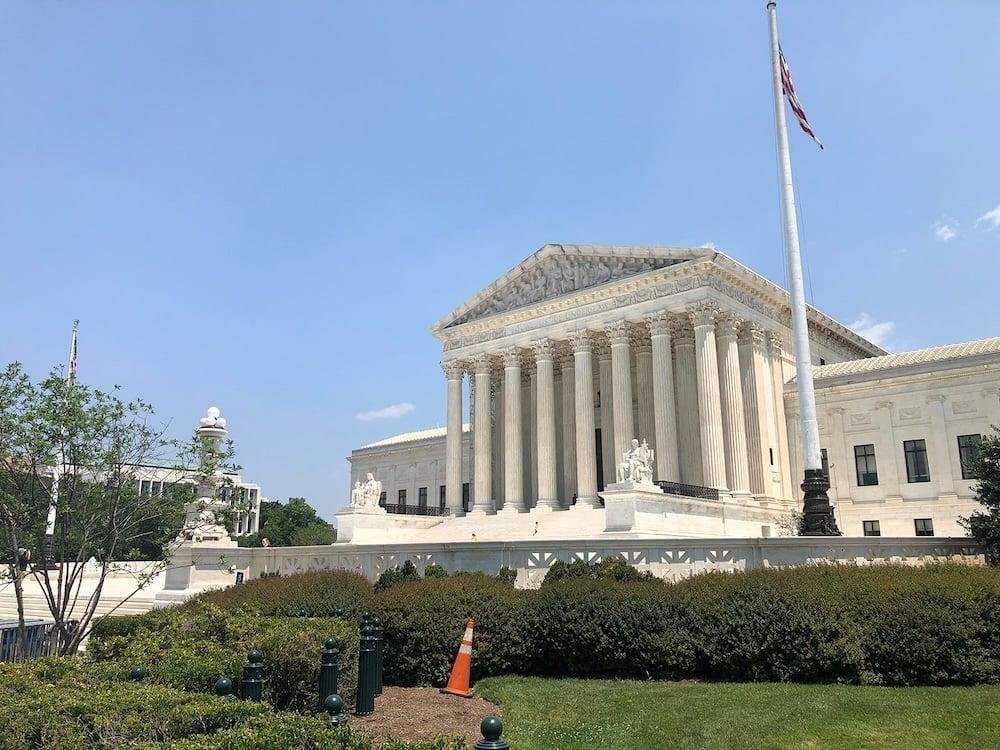crime
Chief Justice Roberts Slams Trump’s Demand to Remove Judge Halting Deportations

Chief Justice John Roberts addressed political commentary surrounding judicial rulings on Tuesday, specifically responding to President Donald Trump’s calls for the impeachment of a federal judge. In a statement circulated by the court, Roberts emphasized that “for more than two centuries, it has been established that impeachment is not an appropriate response to disagreement concerning a judicial decision.” He highlighted the existence of a normal appellate review process to address such disputes.
Trump’s comments targeted U.S. District Judge James Boasberg, who issued a ruling that temporarily halts the removal of Venezuelan migrants under the 1798 Alien Enemy Act. In a post on Truth Social, Trump described Boasberg as a “crooked” judge and insisted on his impeachment, criticizing his appointment by former President Barack Obama.
Boasberg’s ruling marked a significant moment, considering the Alien Enemy Act has rarely been invoked throughout American history. It has been historically utilized during wartime, and Trump’s administration aimed to apply it to deport individuals claimed to be part of the gang Tren de Aragua.
While Trump may vocalize his discontent, he lacks any authority to remove a federal judge; that power is vested in Congress. Although some Republican lawmakers indicated support for Trump’s criticisms, there have been no definitive moves towards initiating impeachment proceedings against judges.
California Representative Darrell Issa, chair of a House Judiciary subpanel, echoed Trump’s sentiment in a post, stating, “TRUMP IS RIGHT TO CONDEMN ROGUE JUDGES,” yet he did not advocate for actual impeachment. Issa has previously expressed that he believes a high standard should apply to impeachment matters.
Ohio Representative Jim Jordan’s spokesperson noted that “everything is on the table” for the legal affairs panel, however, Jordan himself has yet to provide further specifics regarding potential impeachment inquiries against judges.
Rep. Andy Ogles of Tennessee has already filed articles of impeachment against judges that have opposed White House directives, reflecting a growing trend among some lawmakers to challenge judicial decisions. Any impeachment process would necessitate a simple majority vote from the House before proceeding to the Senate for potential conviction.
Senator Chuck Grassley of Iowa remarked that his committee plans to take action in response to the recent deportation ruling, but specifics remain unclear. Unlike the push for impeachment, Senate Republicans have shown reluctance towards removing judges, signaling a cautious approach to the matter.
In the wake of Trump’s remarks, Boasberg’s court experienced renewed scrutiny, especially after details emerged regarding flights deporting Venezuelan migrants. A flight tracker indicated that two flights carrying 137 migrants took off amidst an emergency court hearing over deportation policy.
Gabe Roth, executive director at Fix the Court, called for rapidly enhancing judicial authority. He asserted that the Chief Justice should collaborate with Congress to ensure that the U.S. Marshals Service operates independently of executive control, while also advocating for improved judicial security amid escalating threats against judges.
The Supreme Court is currently deliberating on whether Trump’s administration has the authority to end birthright citizenship for some children of migrants—a policy Trump has sought to limit amid judicial opposition.


















